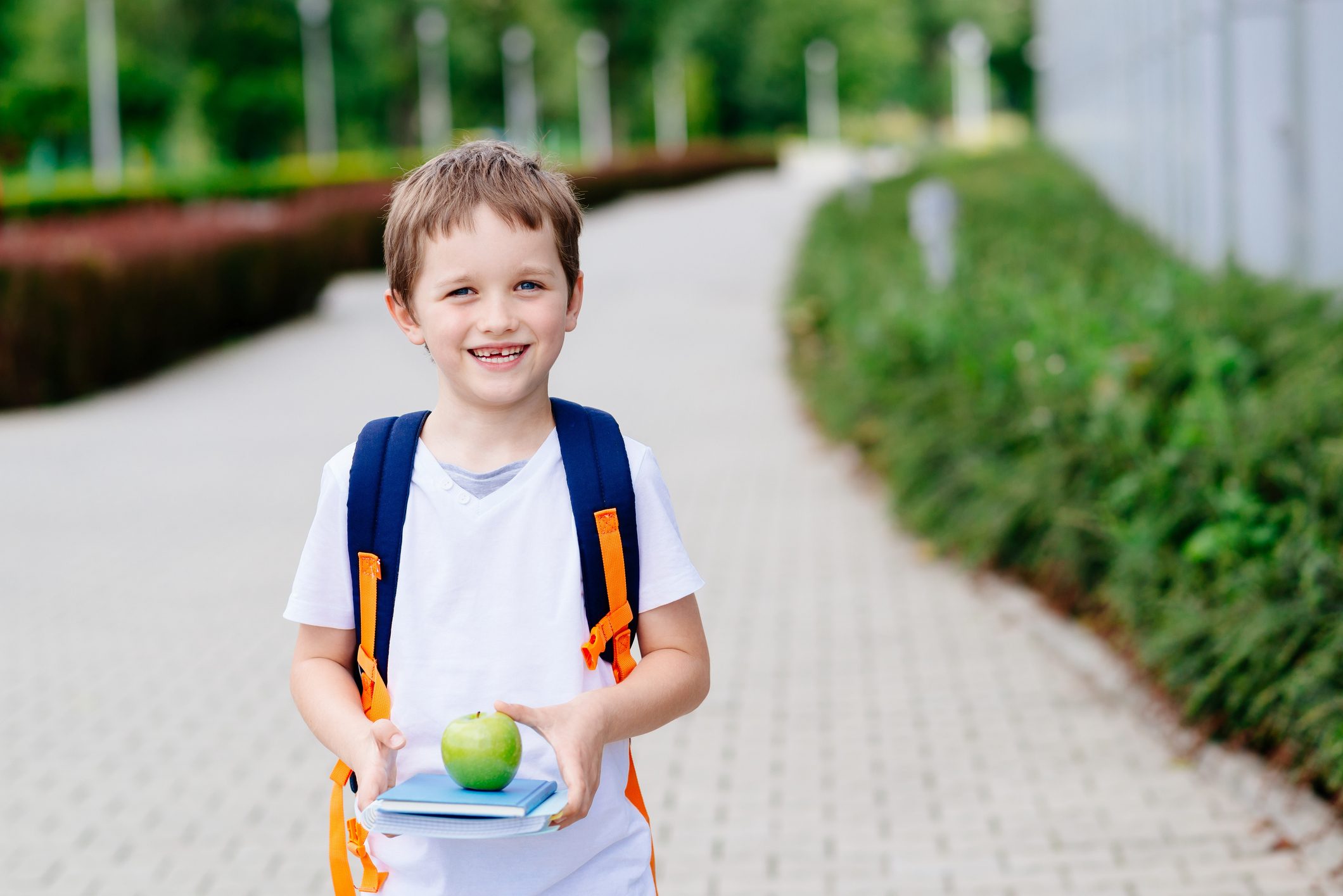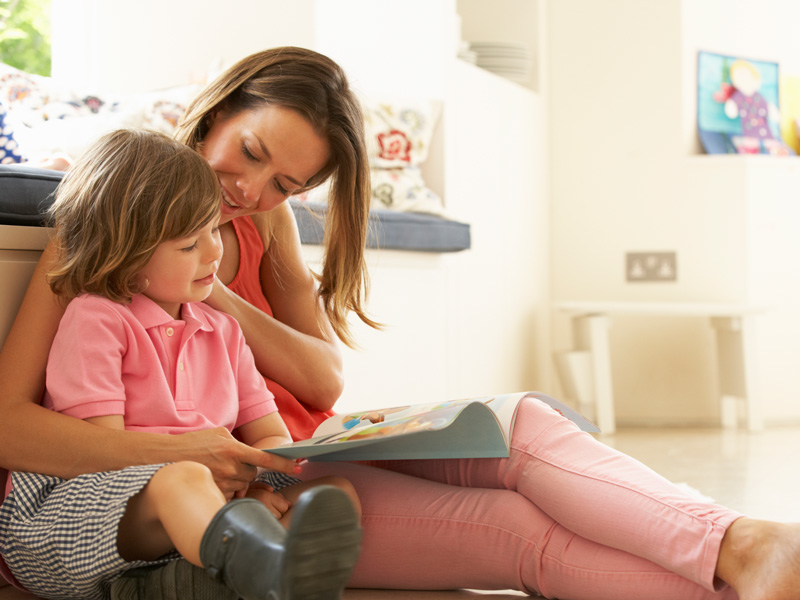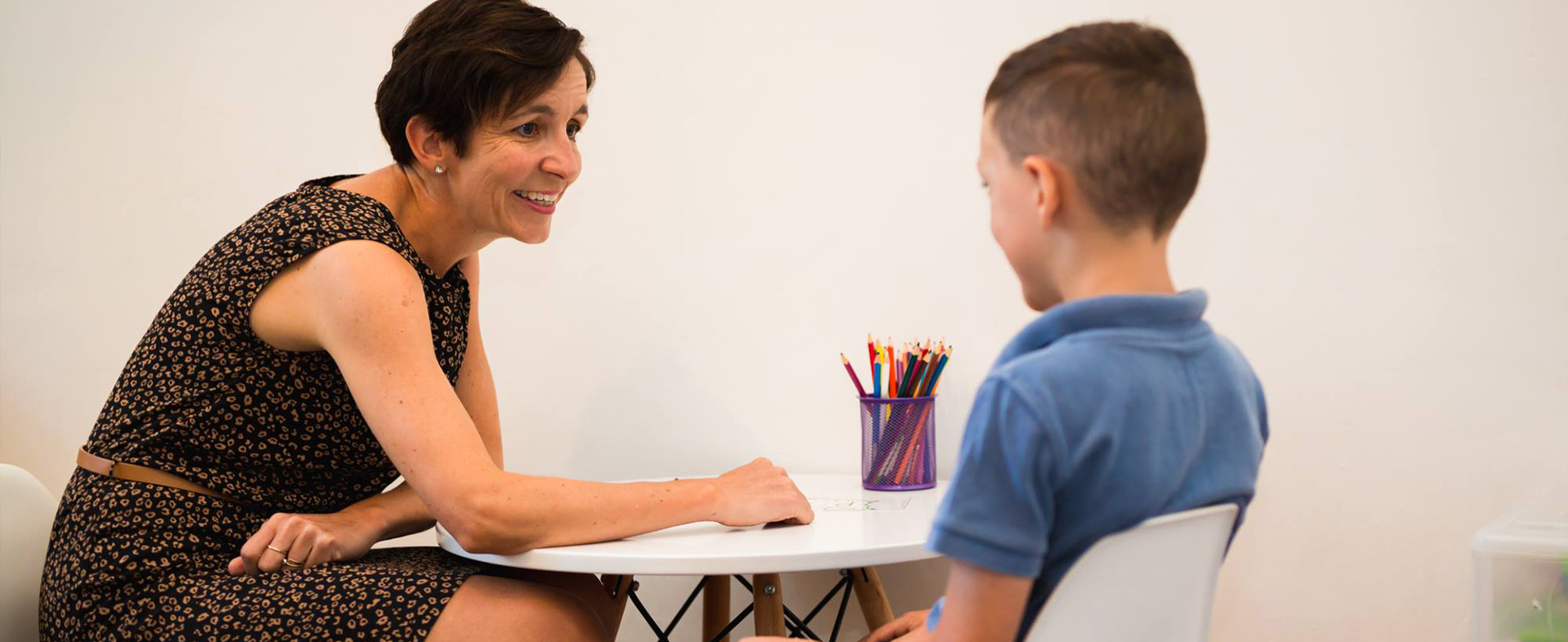Settling into a New School Year
Transitions can be tricky for many of us. Starting a new school year can be a particularly challenging time for many children.
After a lovely summer holiday in Australia, children are now well and truly into Term 1. Most have settled in well but several may still be struggling to make a successful transition. Here are few ideas for you to consider if this sounds like your child, a child you care for or perhaps a child in your classroom.
Acknowledge your child’s emotions
We all appreciate being heard and understood. It is really important that you firstly accept and acknowledge your child’s emotions and try to see the challenge of starting or going back to school through your child’s eyes.
Label these emotions…give the emotions words to start helping your child to process what they are feeling.
For children who are very young or who have challenges such as Autism or Language Disorders, you might also need to ‘SHOW’ your child the emotion using your facial expressions and tone of voice very clearly.
Pausing to reflect and acknowledge what our child is feeling offers far more support than expecting our child to ‘get over it!’ Yes, school is a few weeks in now but transitions can take weeks and sometimes even months for some children. Don’t try to rush them through. Instead, support your child where he or she is at by providing an understanding and accepting response.
Create Positive Memories
Children learn when they are regulated, comfortable and secure. If your child is working with an Occupational Therapist, encourage your child’s teacher to work closely with you and the OT to develop a regulation plan to support your child especially during those tricky transition periods to and from school each day. If something has worked in the past, don’t hesitate to bring back that specific strategy and use it again. We often need to revisit strategies from time to time that we thought we would no longer need.
Help your child’s teacher to understand and read your child’s specific signs of dysregulation and work together to create a plan to support your child.
Ensure your child gets plenty of physical movement, fun and ‘down time’ when at home if at all possible over the next few weeks to allow their body systems to adjust to the new daily routine and expectations. It is also important for these moments to be infused throughout the school day if at all possible.
Remember that many of our children learn and understand best when they ‘see’ as well as ‘hear’ what it is you have to say. Instead of relying upon verbally explaining changes, routines and expectations only using spoken words; maybe use social stories with lots of photos and visual schedules to assist your child to understand and then eventually feel more relaxed about.
Finally, all of our children benefit from the adults in their lives being reliable and trusting. When a child trusts you, they feel safe and you can’t regulate your emotions unless you have […]



